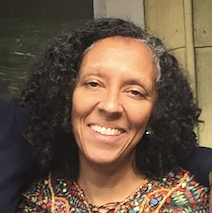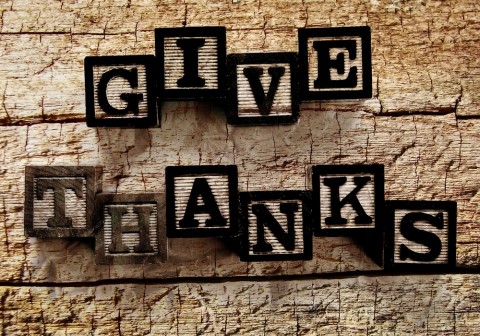A Thanksgiving Reflection (2014)
November 26, 2014 1 CommentI have earned a reputation among family and friends as being “no fun” or “too serious” for pointing out the oppressive underpinnings of many elements of popular culture and U.S. traditions. At the risk of reinforcing that reputation, I want to offer a few reflections as Thanksgiving approaches.First, Native American activists remind us that giving thanks was a Native American tradition for generations before the European settlers arrived in Plymouth, and long before President Lincoln established Thanksgiving as a U.S. national holiday. As Suzan Shown Harjo, a member of the Cheyenne and Arapaho tribes and recent recipient of the Presidential Medal of Freedom, reminds us in a recent interview, some Native American people celebrate Thanksgiving in keeping with that generations-long tradition, while others observe it as a day of mourning – a day to reflect on the devastation their people have experienced at the hands of settlers, and the U.S. government — both historically and currently. She also has been visible in the continuing movement to pressure the Washington D.C. football franchise to change its name. Despite the protestations of team management that the name Redskins “honors” Native people, a USA Today poll reveals that 83% of people in the U.S. would not call a Native American a “redskin” to his or her face and 8% declined to comment. Only 9% said they would. It’s an odd “honor” that can’t be spoken directly to the “honorees.”
Educators remind us to correct the stereotypes embedded in traditional stories of the “first Thanksgiving,” so as not to gloss over what actually happened between the British settlers and the Wampanoags in Plymouth so long ago. The PBS series “We Shall Remain” is a powerful resource for gaining a fuller understanding. This five-part series chronicles “how Native peoples valiantly resisted expulsion from their lands and fought the extinction of their culture – from the Wampanoags of New England in the 1600s, who used their alliance with the English to weaken rival tribes, to the bold new leaders of the 1970s who harnessed the momentum of the Civil Rights Movement to forge a pan-Indian identity.” The entire series can be streamed. I think it’s a must-watch during a weekend that is sure to be filled with lots of other television watching.
As someone who grew up in the next town west of Plymouth, MA, the first episode speaks directly, inescapably to my life. I grew up on the land that was eventually taken from the Wampanoag nation and I watch with the discomfort of someone fully aware of her privilege and much less aware of how to be an effective ally than she would like to be.
This Thanksgiving, let’s enthusiastically give thanks for the many blessings in our lives, our families, and our communities. And let’s reflect on what has made those blessings possible, including the full range of beauty, effort, sacrifice, privilege and oppression. And rather than be paralyzed by anger, guilt or fear, let’s find ways to make our awareness and gratitude count for justice. #NativeLivesMatter!


1 Comment
The analysis included 30 studies. Of those, 25 suggested exercise influenced depression risk. People who did little to no activity were more likely to show signs of depression or be diagnosed with the disorder years later, while those who exercised were less likely to become depressed as they got older, according to George Mammen, Ph.D. candidate and co-author of the study.